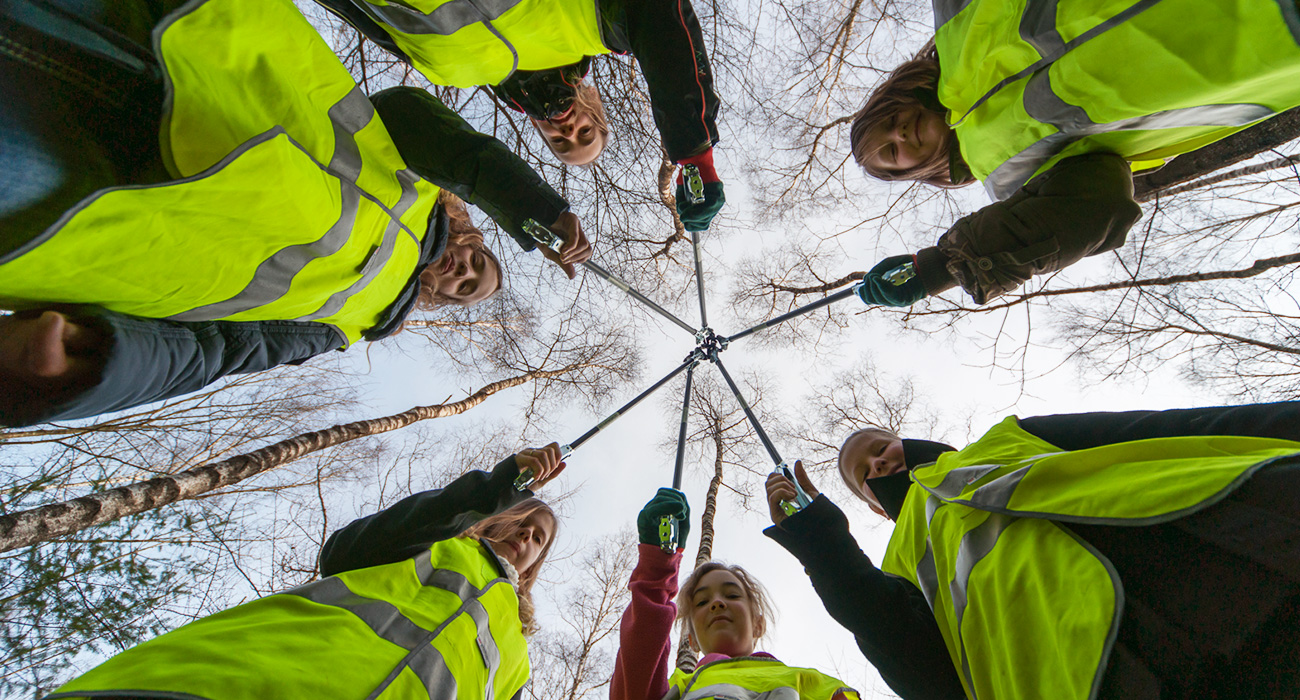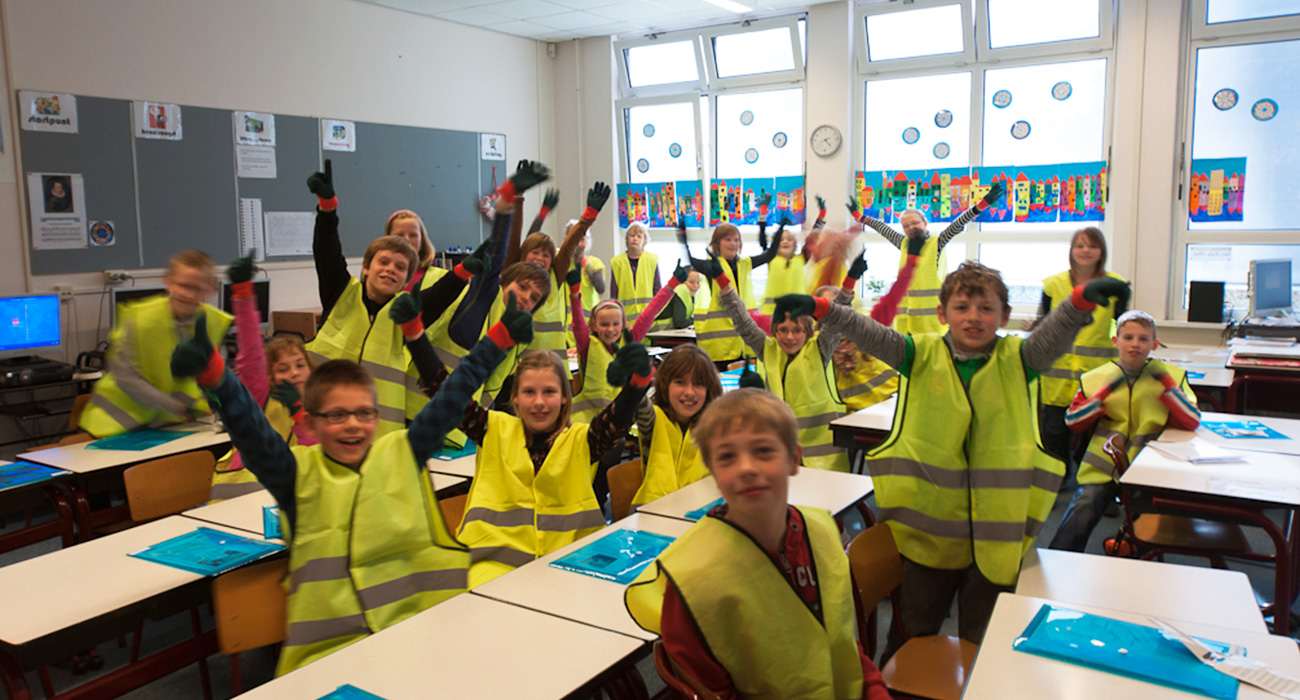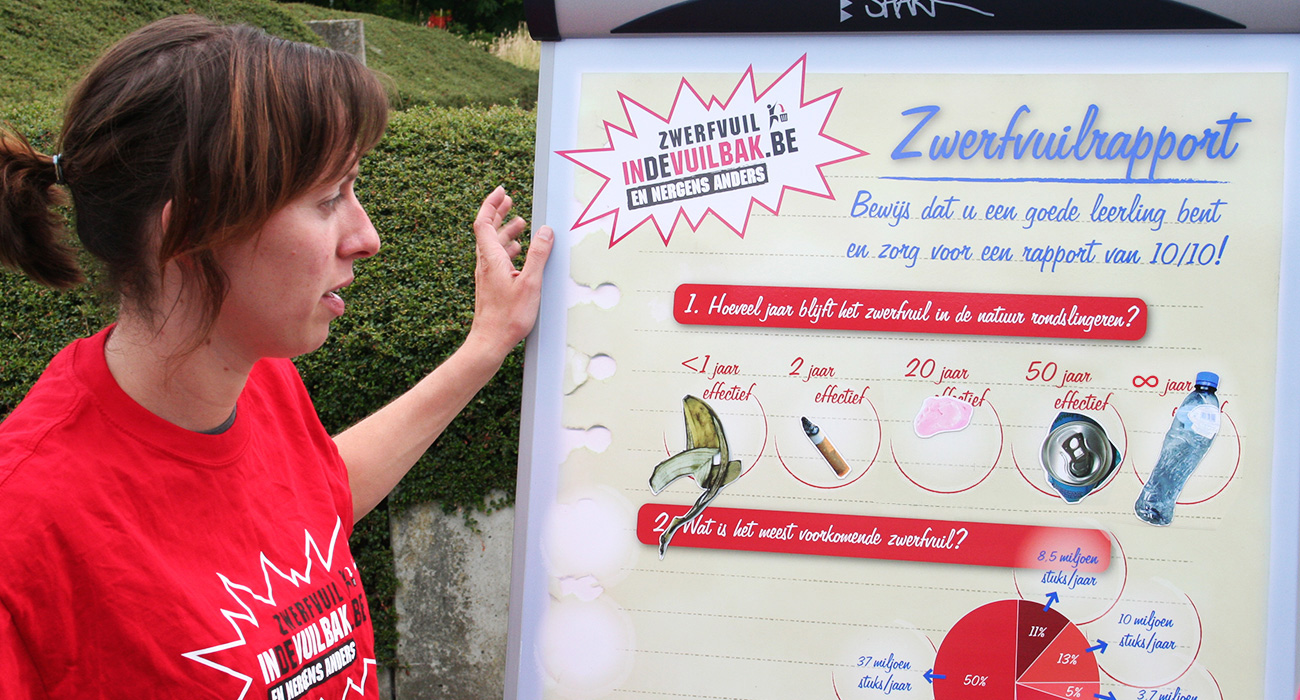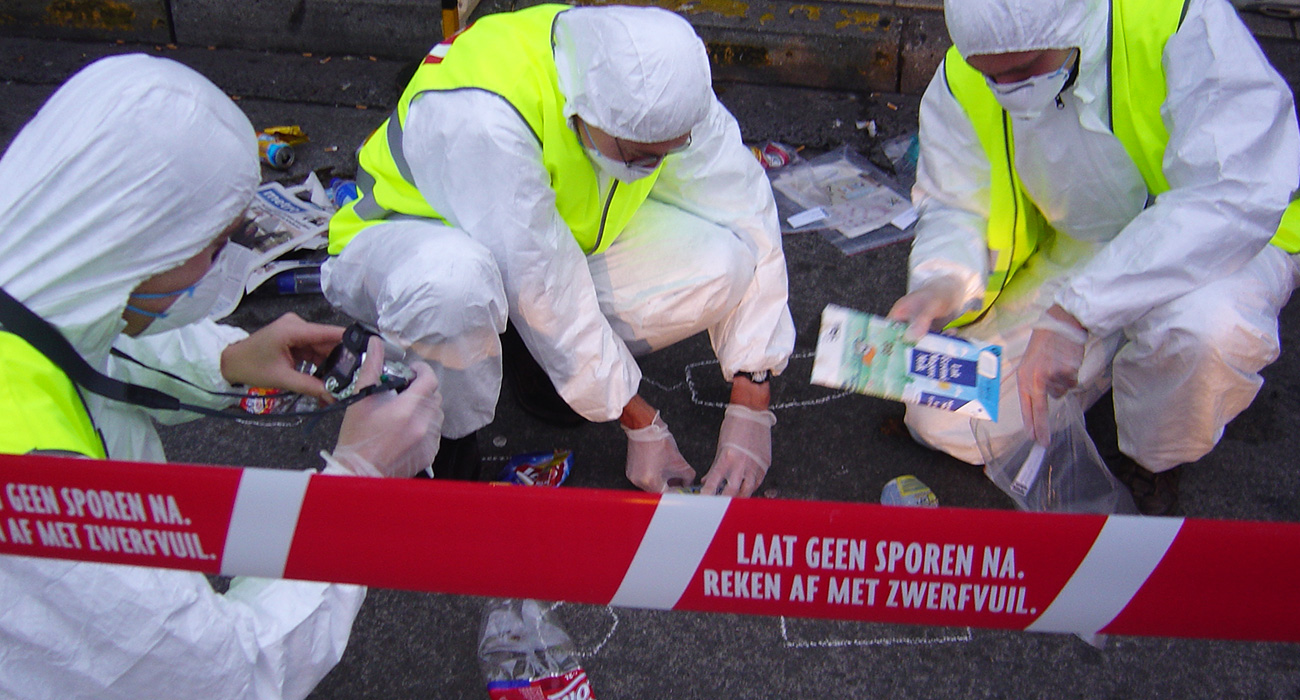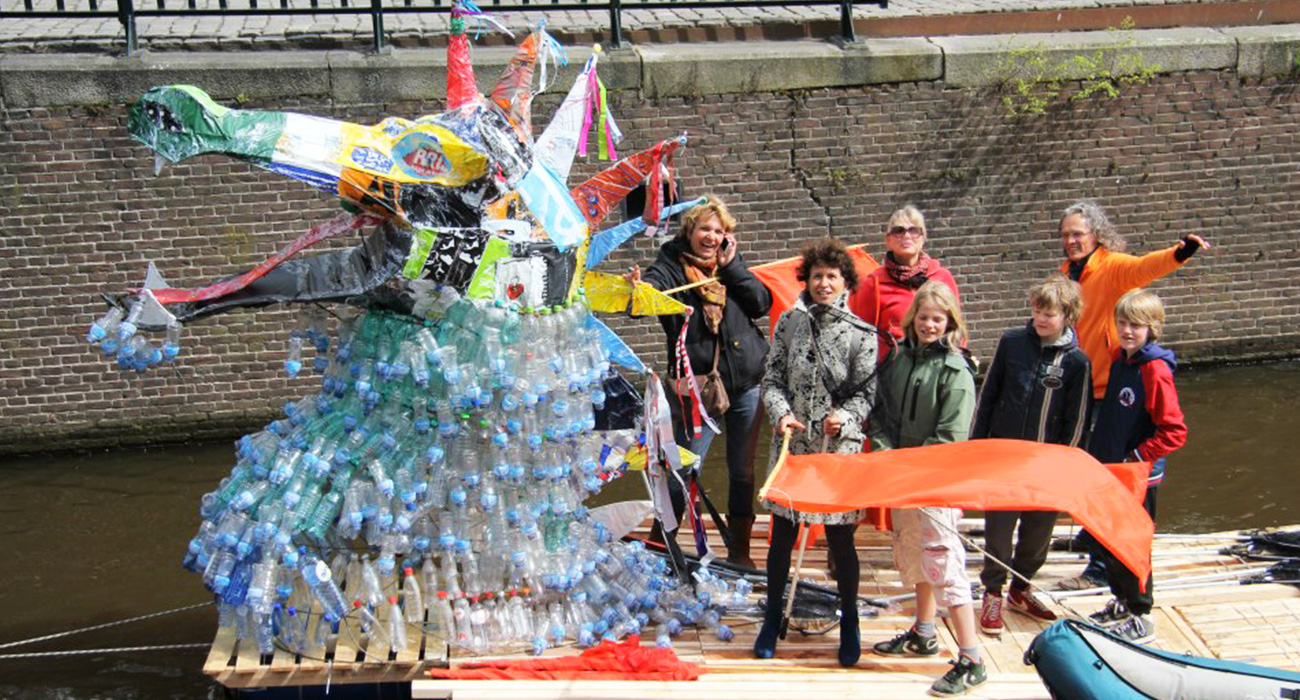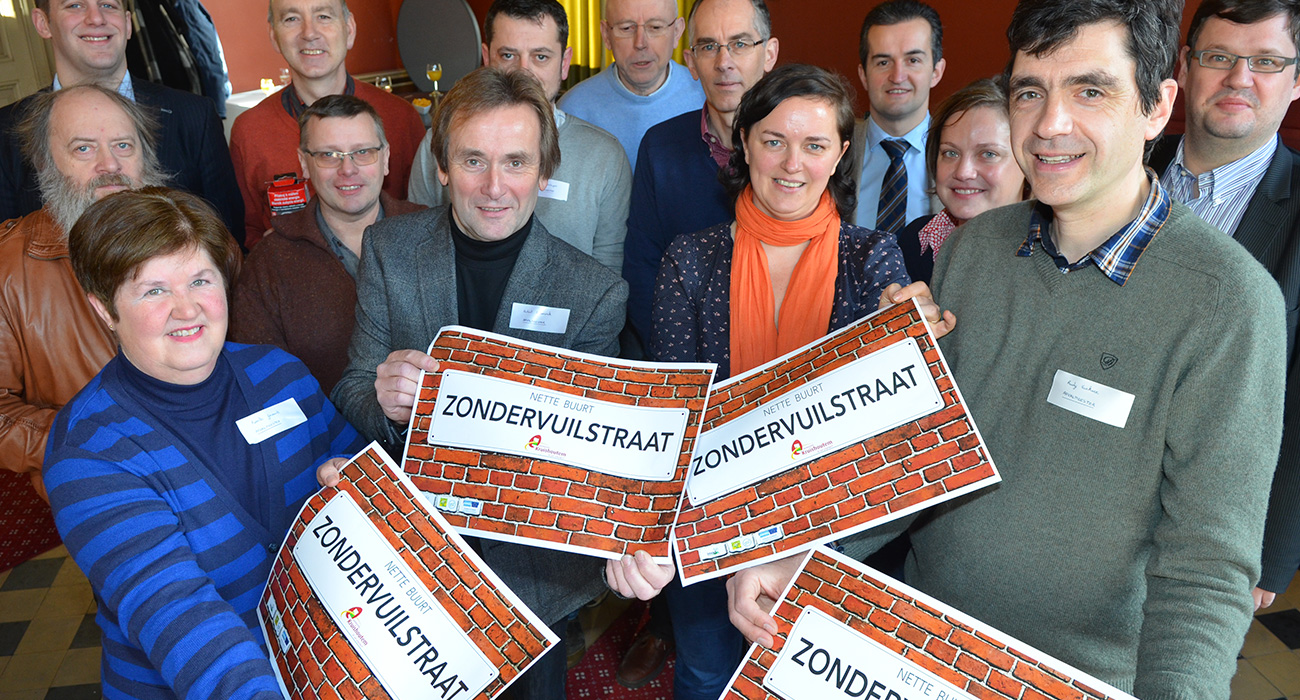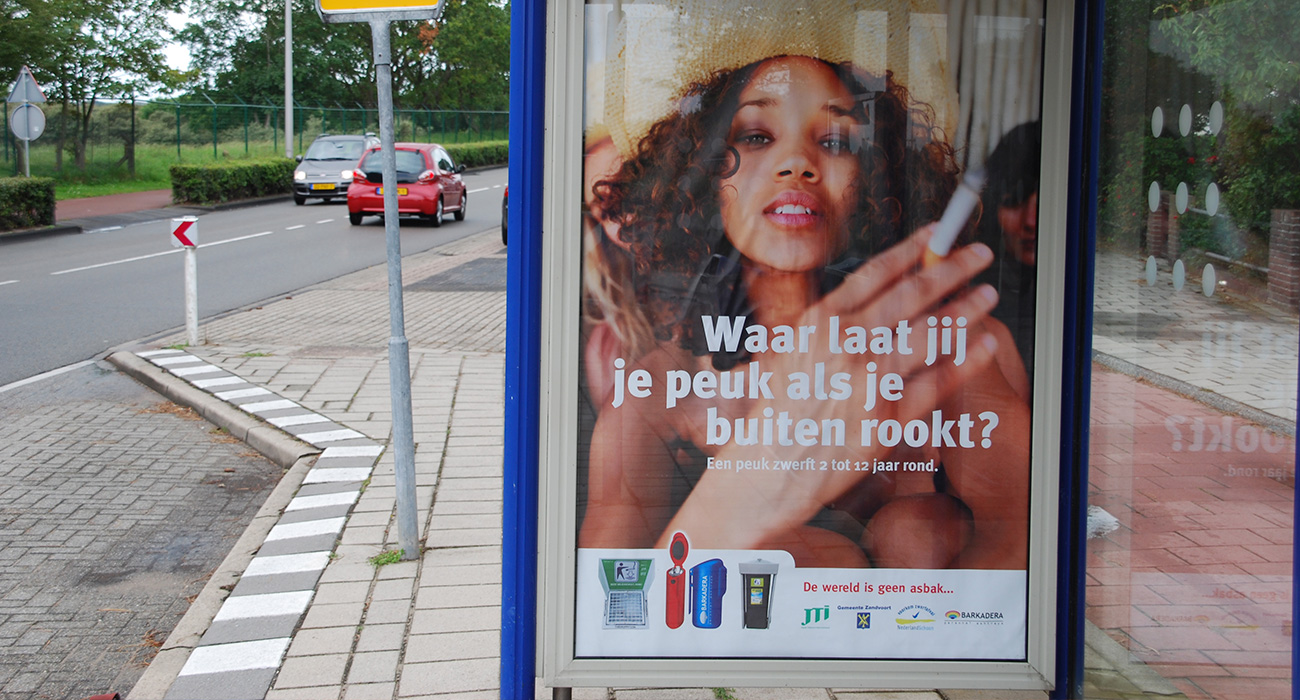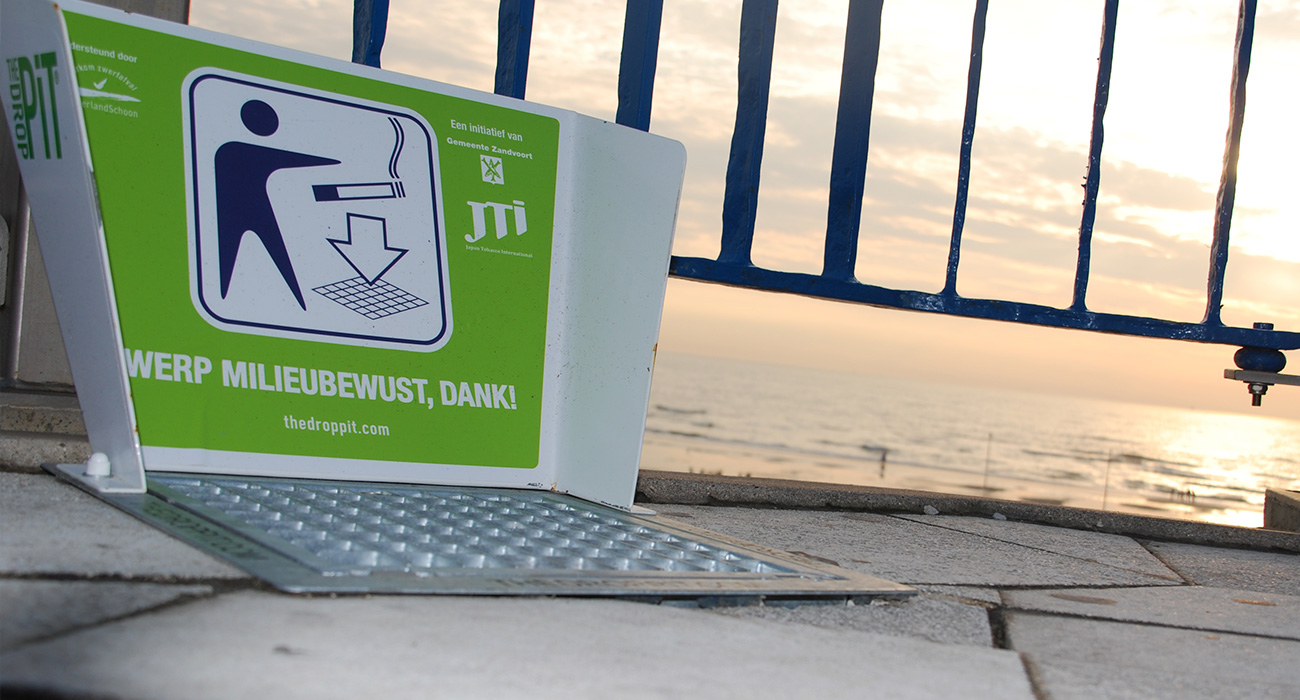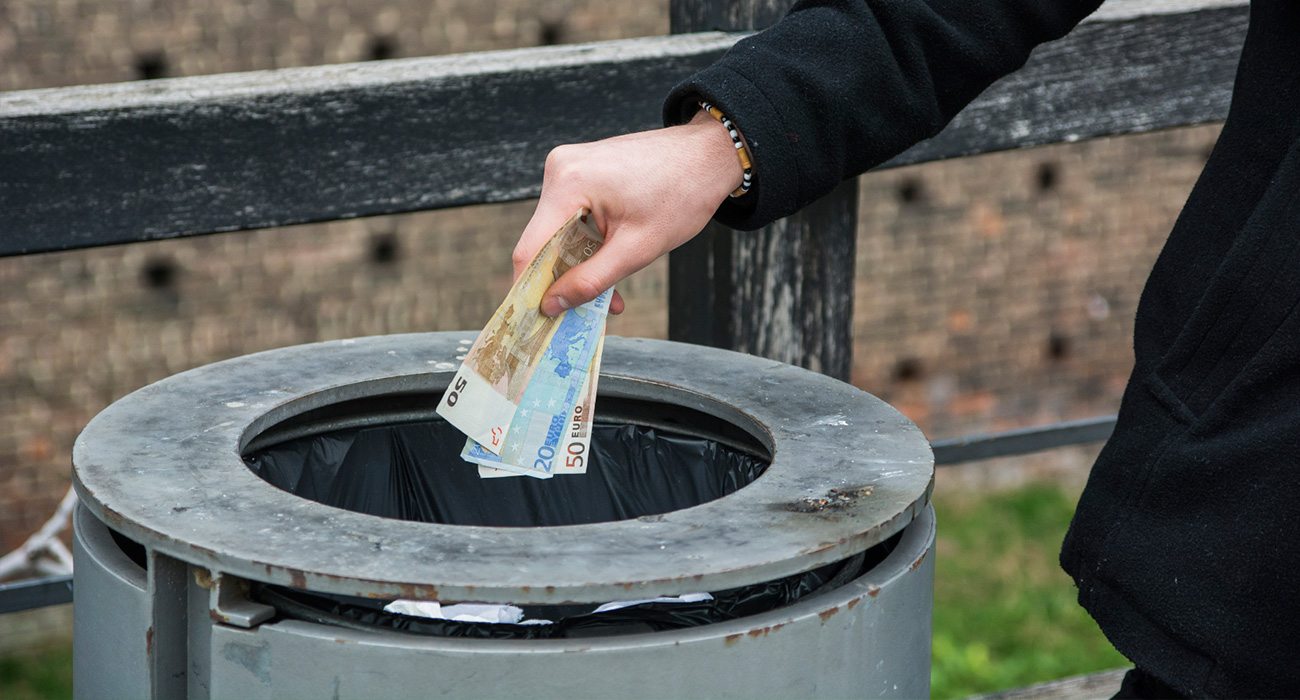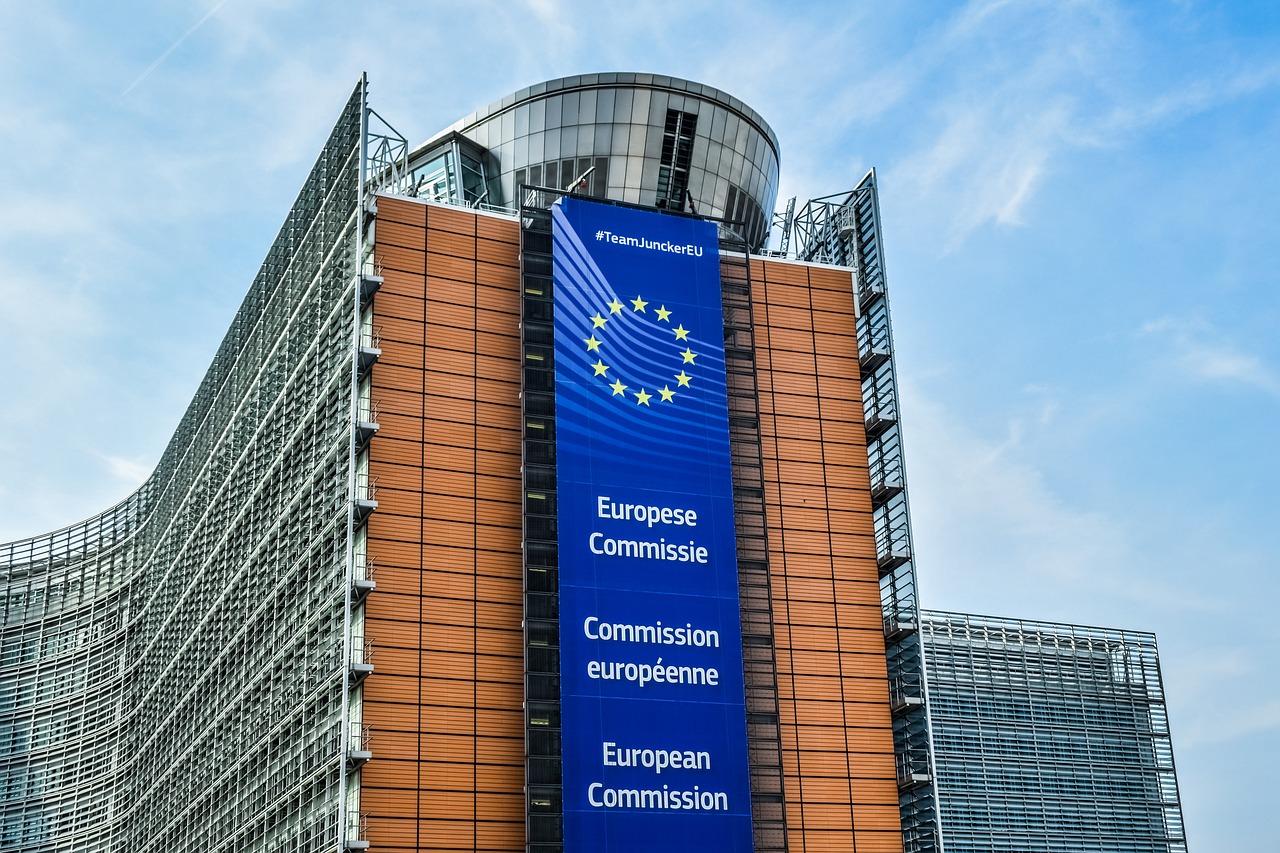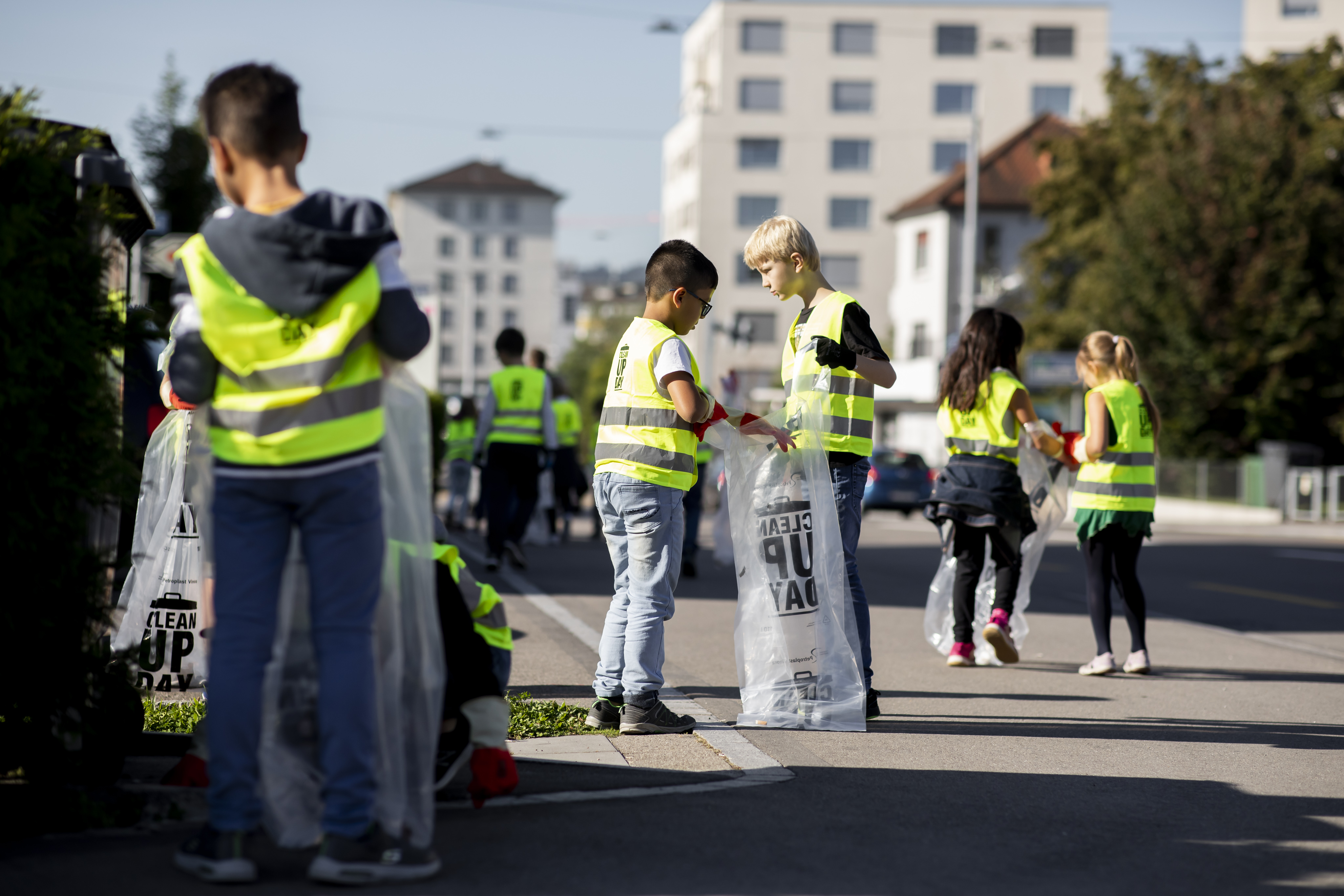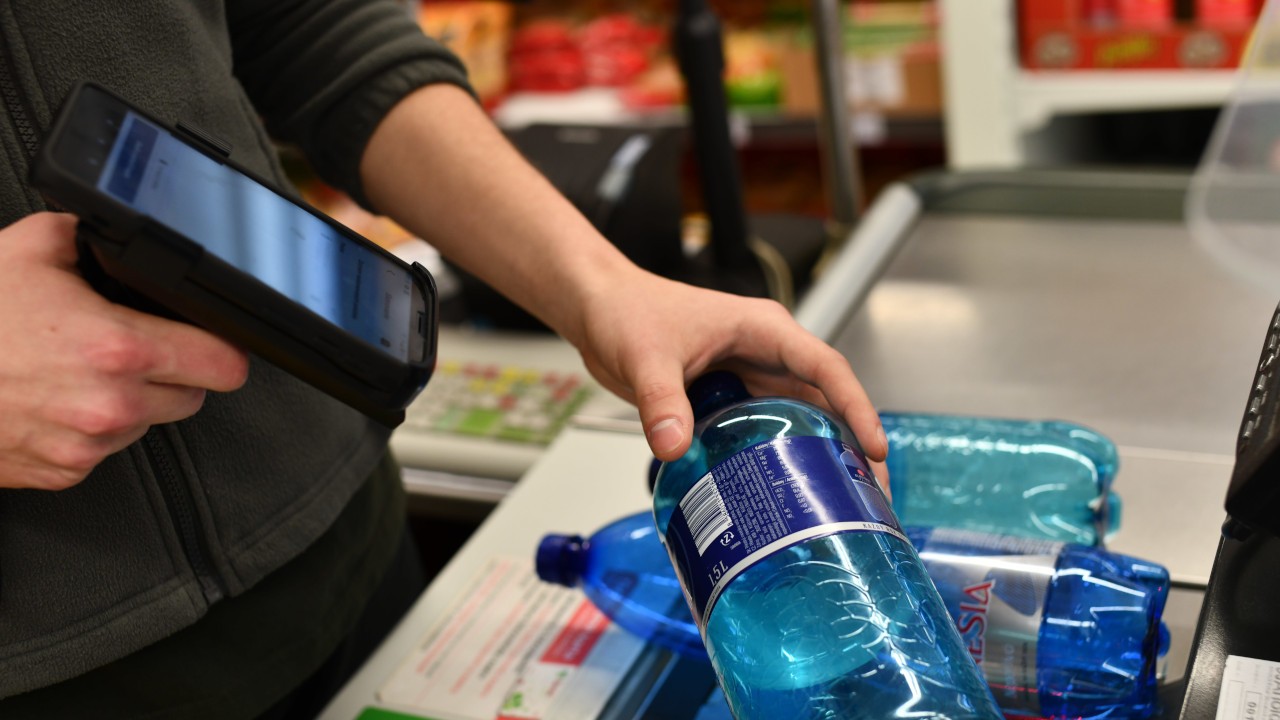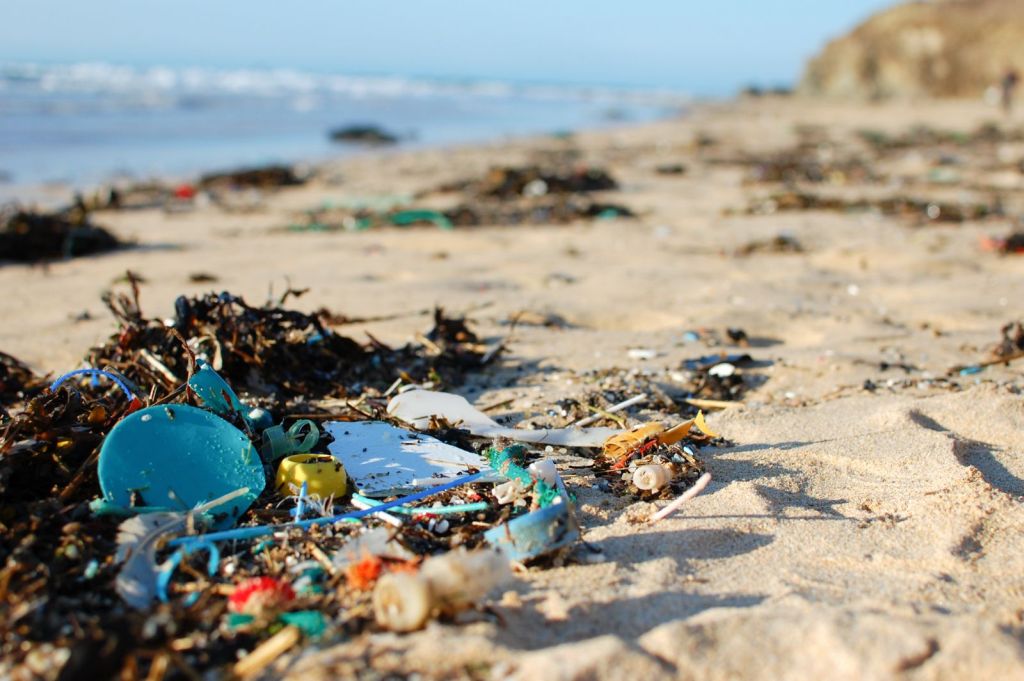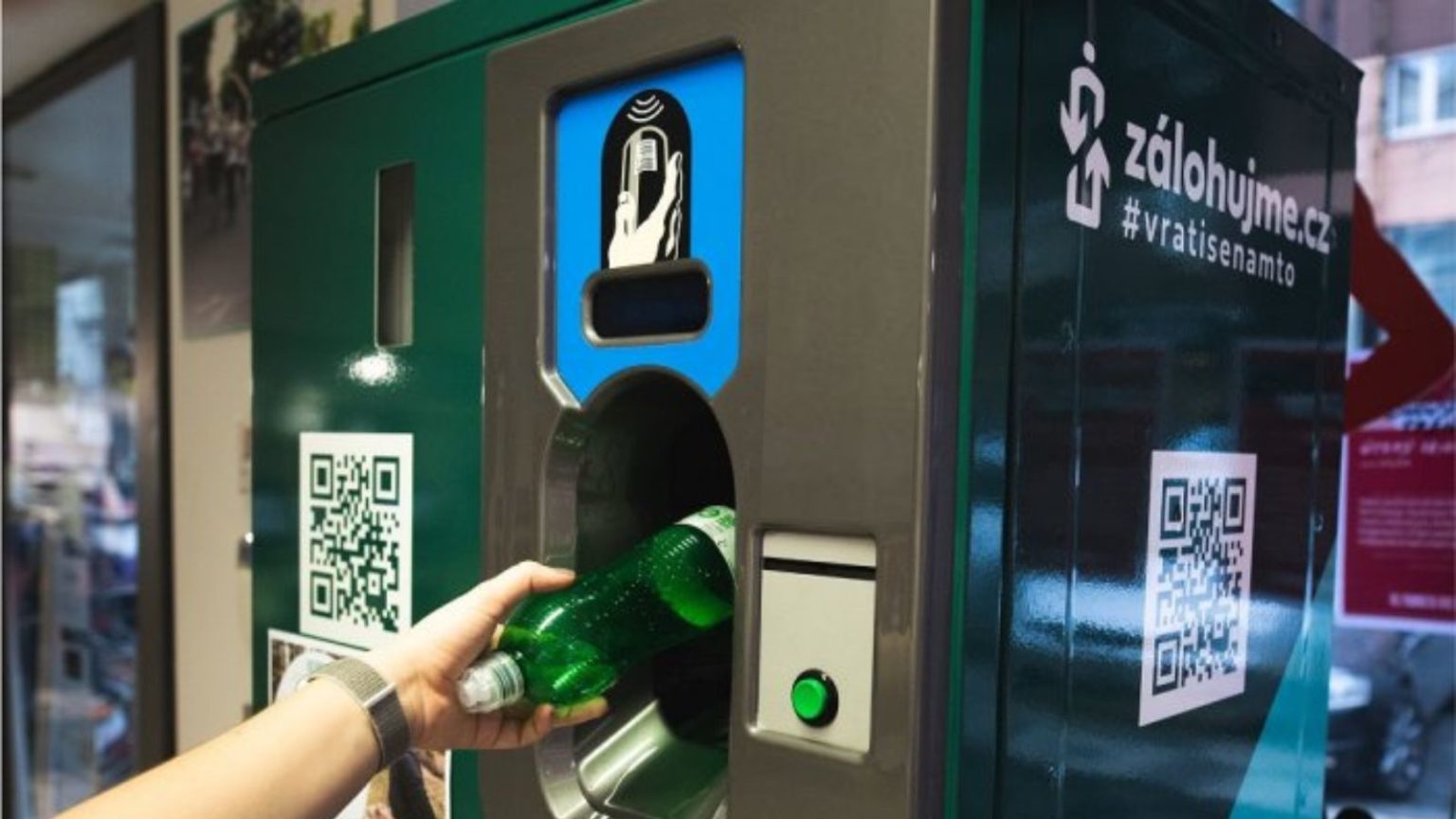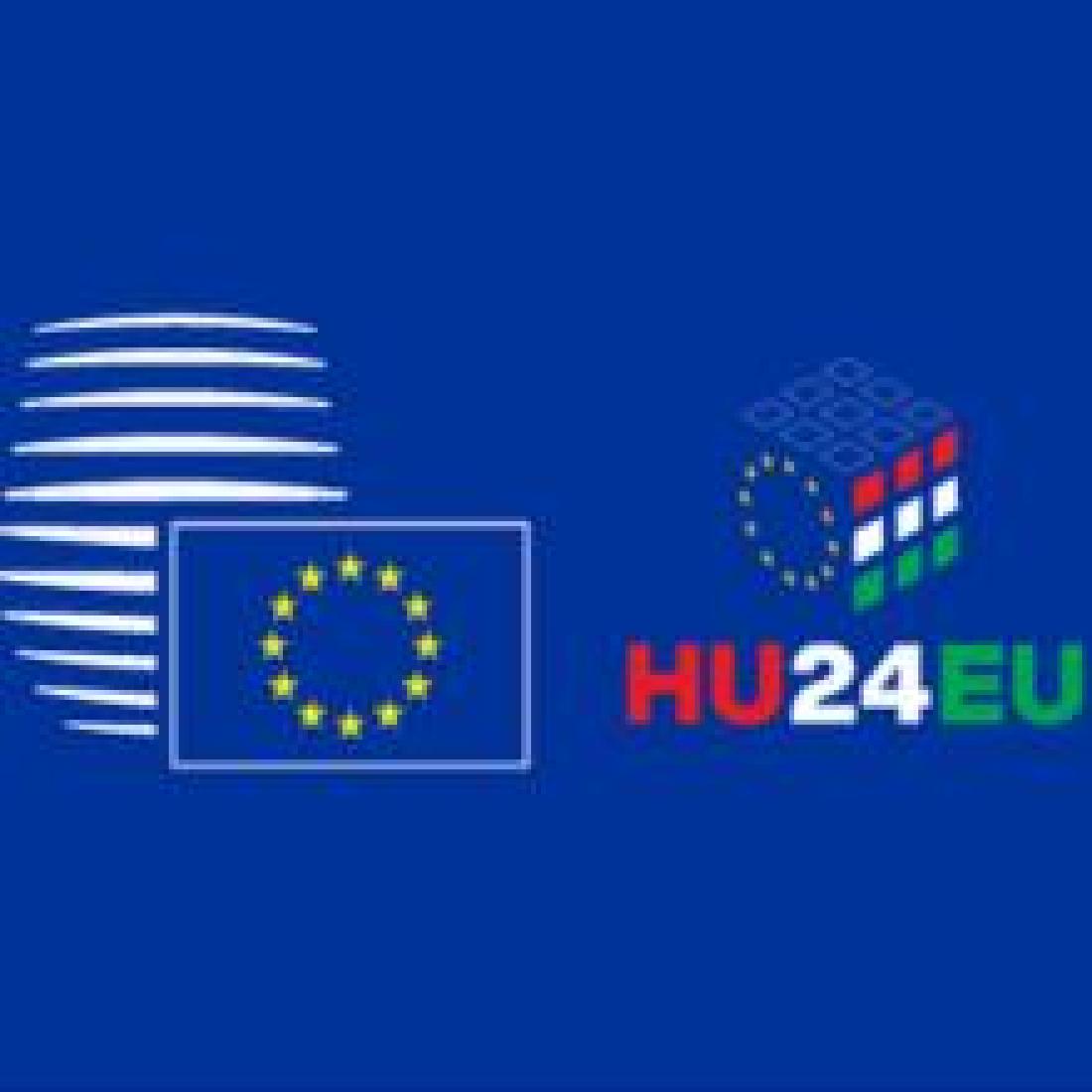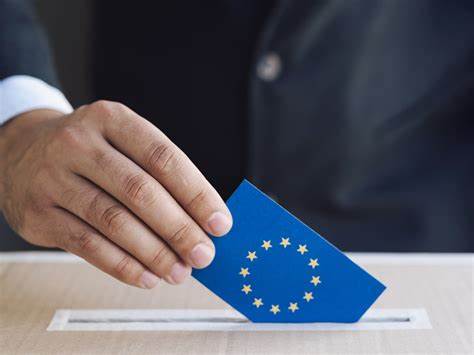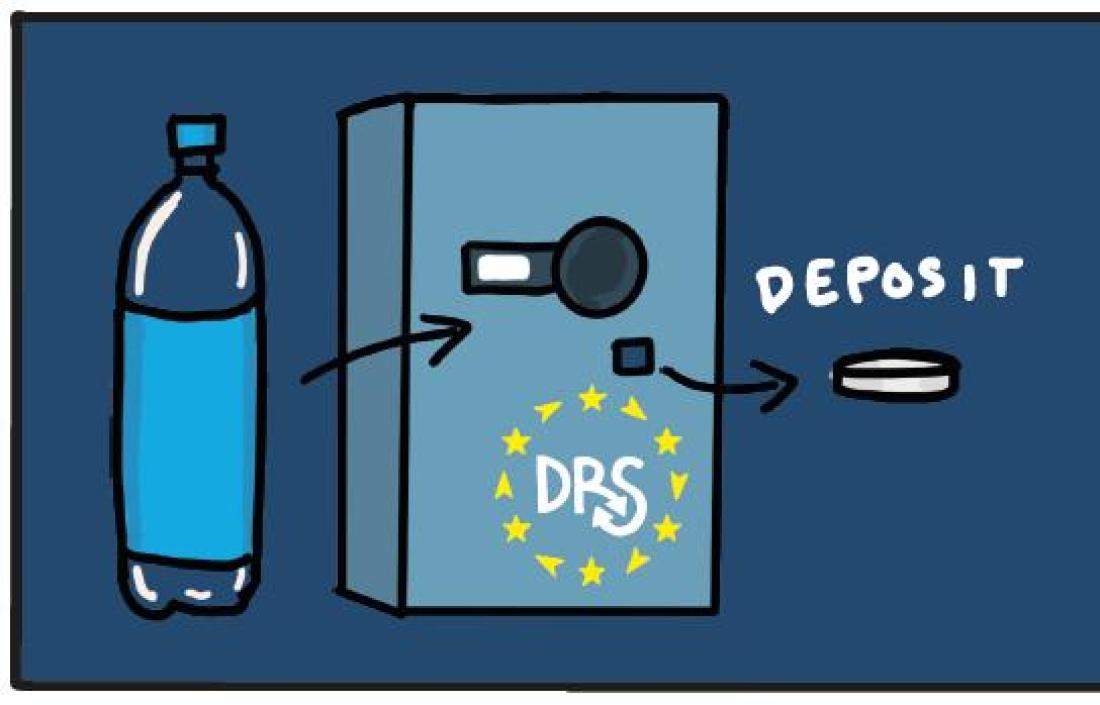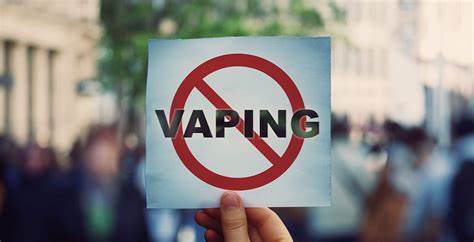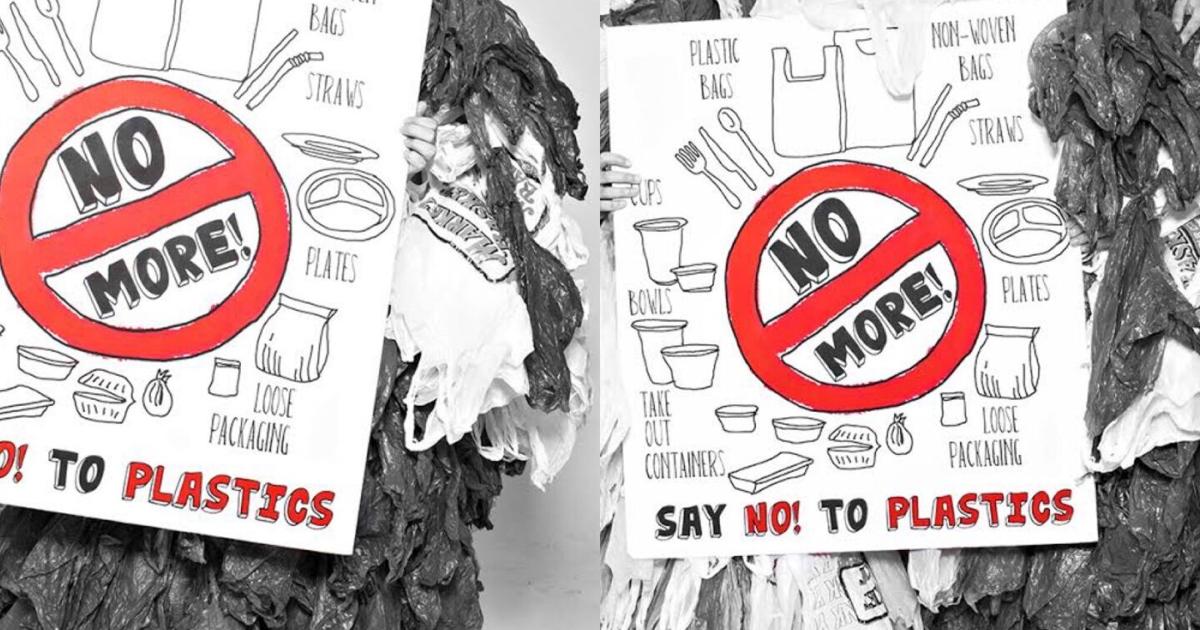
Report on the implementation of the SUPD in EU
Background
Today, two NGOs Rethink Plastic Alliance and Break Free From Plastic released a report evaluating how EU Member States have implemented the Single-Use Products (Plastics) Directive (SUPD). This publication comes ahead of the European Commission's scheduled 2025 evaluation of the Directive. As part of the evaluation, the Commission will examine the Directive's performance, identify its shortcomings, and address any gaps or challenges that have emerged. This process will include consultation with all relevant stakeholders, paving the way for a possible revision of the SUPD.
The report provides an overview of how key aspects of the SUPD such as market consumption reduction measures, bans, and Extended Producer Responsibility (EPR) are being implemented across EU Member States. It also includes recommendations to help national authorities ensure proper and efficient application of EU law. To compile the findings, national NGOs were consulted to supply relevant data and any available legal texts pertaining to their respective national laws.
Overview – key elements
Compared to the previous version of this report in 2022, there are some changes regarding the implementation which are outlined below:
- There are countries that have corrected the implementation of the SUPD with the adoption of more measures and secondary legislation such as Austria, Belgium, Croatia, Ireland, Netherlands
- Other countries had initially introduced ambitious plans to achieve the objectives of the Directive but due to technical difficulties in implementation they were forced to lower their ambitions (e.g. Cyprus, Germany, Greece, Portugal)
- Situation remained unchanged for countries, namely Czech Republic, Denmark, Italy, Luxembourg, and Sweden
- Member States having low ambitions and staying behind in implementing the Directive are Bulgaria, Hungary, Poland, Romania
However, a closer look at the specific measures outlined in the SUPD (Articles 4–10) and their transposition by the EU27 governments reveals a mixed performance: while some Member States excel in certain areas, significant gaps and a lack of progress are evident in others:
- On market consumption reduction measures (Art. 4) and raising awareness (Art. 10), national policies are facing many implementation gaps and they are ineffective. Same conclusion can be drawn from the performance of EU countries on the EPR obligations, with lack of enforcement being the major challenge due to uncertainties that the adoption of the upcoming Packaging & Packaging Waste Regulation might entail.
- On the contrary, there is a wide implementation of the ban on the designated SUP products (Art. 5) and adoption of the marking and labelling requirements (Art.6-7).
- There is also an improvement in the separate collection targets (Art. 9) with most Member States having adopted already Deposit & Return Schemes (DRS) (e.g. Croatia, Denmark, Estonia, Finland, Germany, Hungary (since June 2024), Latvia, Lithuania, Malta, the Netherlands, Slovakia, Sweden and Romania.
SUP mostly littered
Even though progress has been made, the report indicates litter remains an issue in many areas. In fact, it has identified several types of products that are commonly found in littered areas:
- Cigarette butts
- Single-use cups & food containers
- Sanitary towels, tampons and applicators
Key recommendations
The report offers several recommendations on how the SUPD can be reviewed so that it becomes more efficient in dealing with litter (land & sea):
- Adoption of a neutral-material approach would be crucial to avoid substitution to other materials (such as paper-based applications, which, as evidence in this report has shown, has happened in many countries).
- Expansion of the scope of the Directive regarding single-use products (e.g. multilayered packaging materials, such as beverage cartons and cans, disposable vapes, fireworks with plastic pieces)
- Promotion of reusable alternatives.
The report argues that the European Commission should provide proper guidance on Member States on how to implement correctly the SUPD and call on all stakeholders to take their fair share of responsibility in addressing the litter challenge, a position that has long been supported by the Clean Europe Network.
The Secretariat will keep you updated on any further developments regarding the implementation of such an essential legislation.
